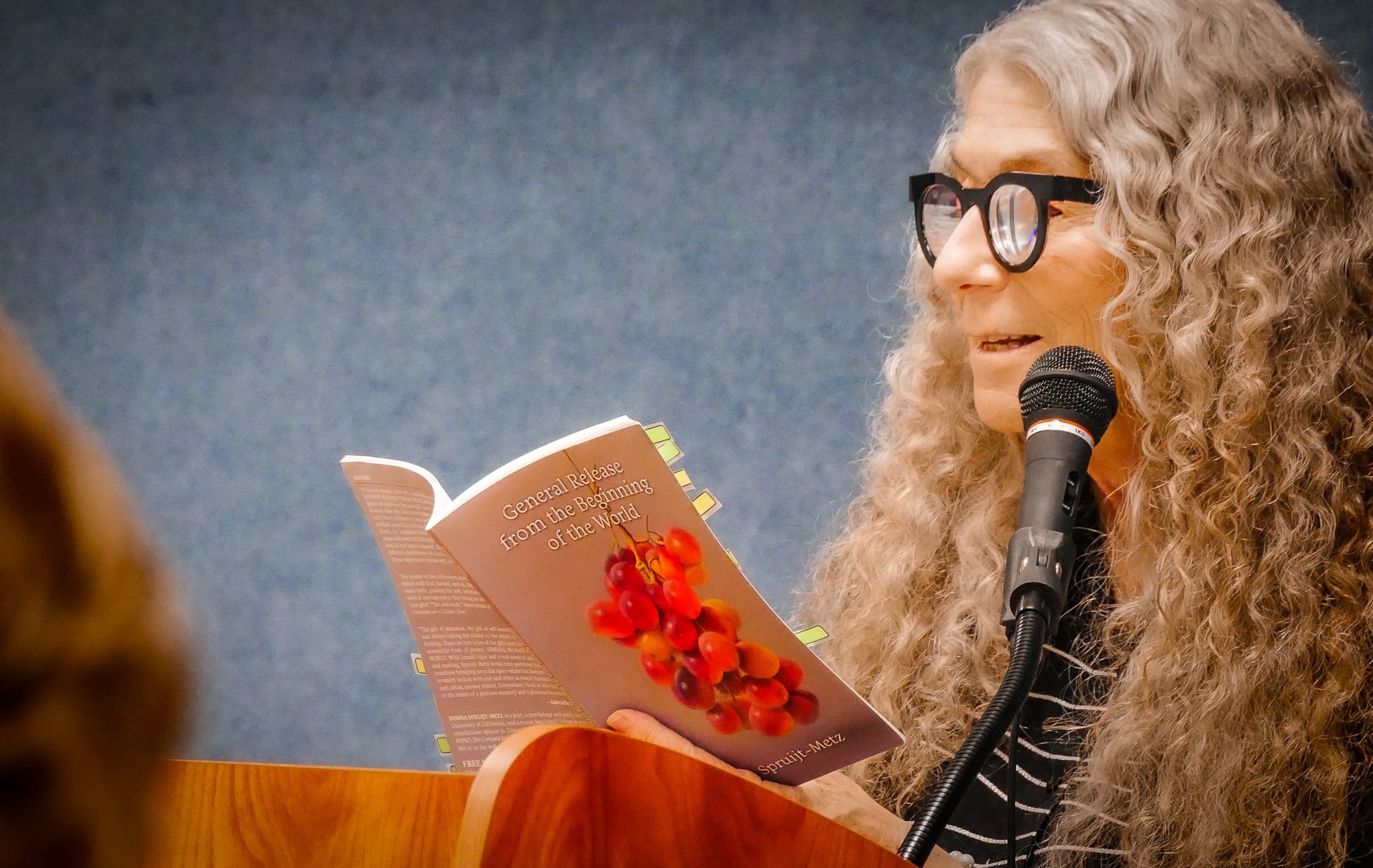We recently connected with Donna Spruijt-Metz and have shared our conversation below.
Hi Donna, thanks for joining us today. It’s always helpful to hear about times when someone’s had to take a risk – how did they think through the decision, why did they take the risk, and what ended up happening. We’d love to hear about a risk you’ve taken.
Writing a poem that is true and that truly moves people always involves risk. Certainly in these fraught times where language has been hijacked, vilified, deemed politically correct or incorrect, labeled as ‘belonging’ to one group or another, the cancel culture, etc.–how do we stay safe without being silenced? Three examples:
1) Implicating others: When I write a poem in which my daughter or my husband appears, they are implicated–I am telling my story, but by using their personas, I am exposing them too. I remember the first poem I published that had my daughter in it–‘Slippery Surfaces’, first published in Poetry Northwest. In it, I talk about how much I want to know everything about her, and how hard it is to let her go, blossom into adulthood. In the end, I ran it past her and she was honored and loving, but that could have gone either way.
2) Revealing the self: In my book, General Release from the Beginning of the World, I write about some of the darkness in my family growing up. As a poet, it turns out that I DON’T have a choice regarding what I write about. Even if I decide to write about fruit and vegetables, the poem goes where my heart is. I fought that for years—wrote one crappy, dishonest poem after another. Finally, to make the book, I had to write about my childhood. It was terrifying putting it out into the world. I feel so exposed.
3) Poetry in a political and fractured world: Recently, all I have been able to write about is the war in the Middle East. It is breaking my heart (along with so many other hearts). But there are many views on the war, and one might say they are warring with one another. I was very loath to put those poems out there, but I have because they come from my heart. The divisions in the poetry world are frightening and unproductive. I wish all ‘sides’ would talk to one another.
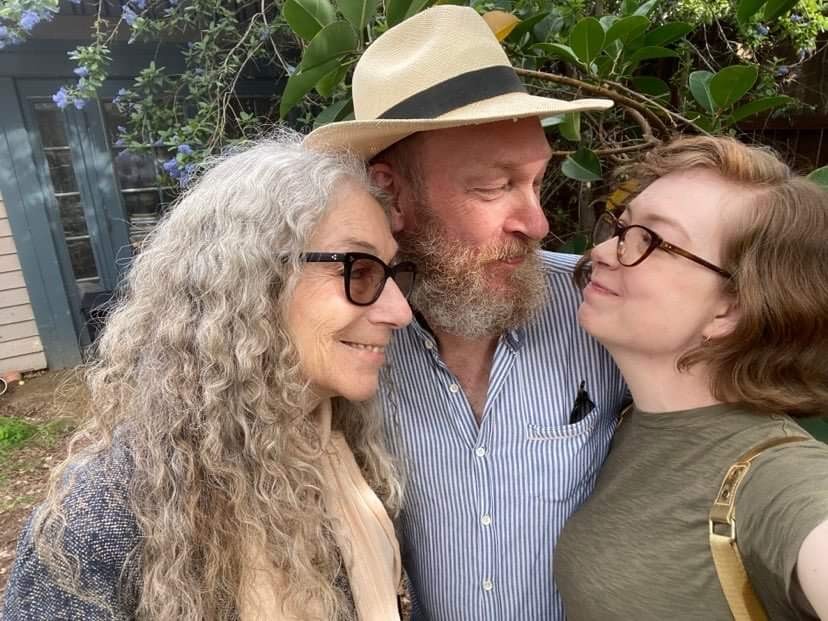
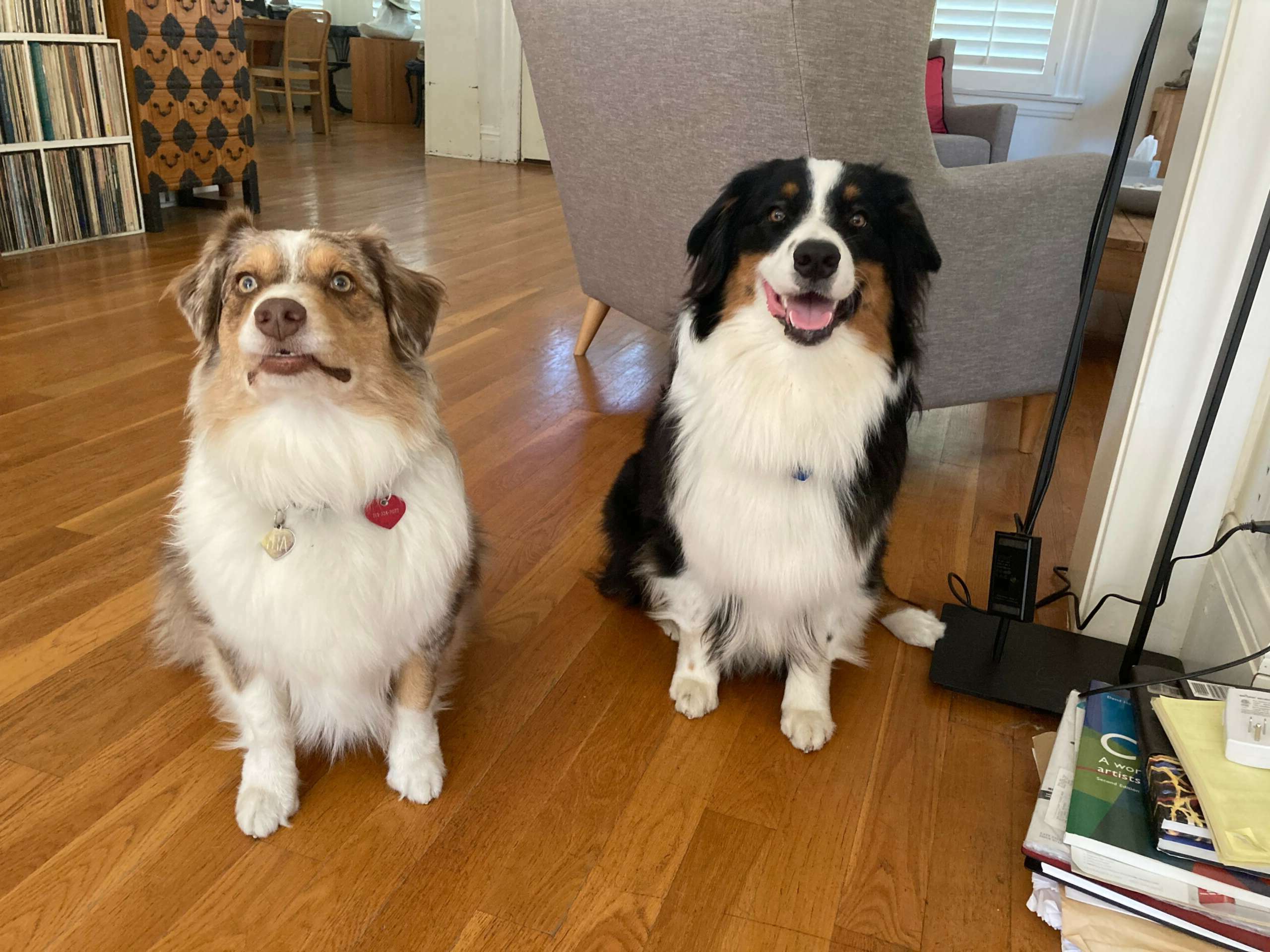
As always, we appreciate you sharing your insights and we’ve got a few more questions for you, but before we get to all of that can you take a minute to introduce yourself and give our readers some of your back background and context?
I was a wall-eyed 6-year-old with corrective shoes and unruly hair when my father died. My mother was in her own private hell, and I was lost. I was one of two Jewish kids at my school, but my family had no religious leanings. I longed for that, even then. I longed to know the substance behind the antisemitism that I met with many days at school. My first-grade teacher, Mrs. Bowles, gave us a large sheet of lined ‘first-grade’ paper and asked us to write a story. I wrote a poem. She singled it out and hung it up in class. This was one of the few moments I emerged from the fog I was in for that entire year. So, I wrote. And I continued to write. And it didn’t get easier, it got harder. I couldn’t find my way out of the fog, except in rare moments. And those moments terrified me. After high school, I was living in a commune, and I started playing the flute. My mom was delighted. She was a jazz pianist, and she was also really worried about me. She asked Buddy Collette to be my first teacher and I would say he saved my life. But I was 19. That is pretty old to start music. I applied to the California Institute of the Arts as a poet. I got in. At the time they allowed you to change schools once you were ‘in.’ I changed to the music school and put poetry down completely until I moved to The Netherlands nearly 6 later. Once I was in the Netherlands, studying and playing flute, the culture shock was so severe that it sent me to poetry, to trying to reach into the culture by translating the poetry for myself. Dutch is a wonderful language for poetry. And so I slowly went back to poetry. But even after we had moved back to the US and I had gotten my MFA, I didn’t take my poetry seriously. Not really. It wasn’t until my dear friend and novelist, Darcy Vebber, dragged me off to Bread Loaf in 2013 that I thought I might be able to turn and face it—face the work and the honesty and the excavation that it would take for me to finally emerge from that fog and squarely into poetry.
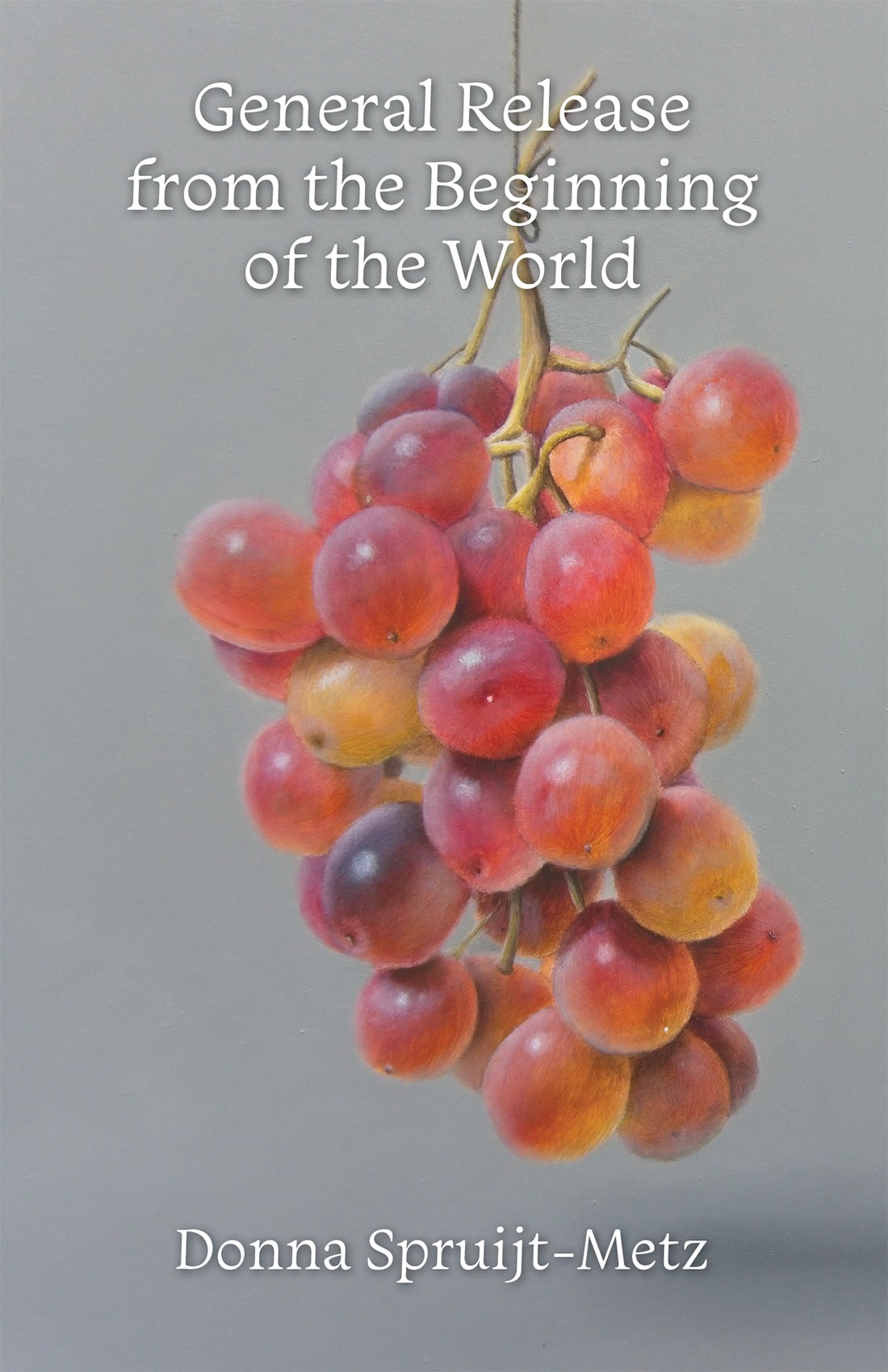
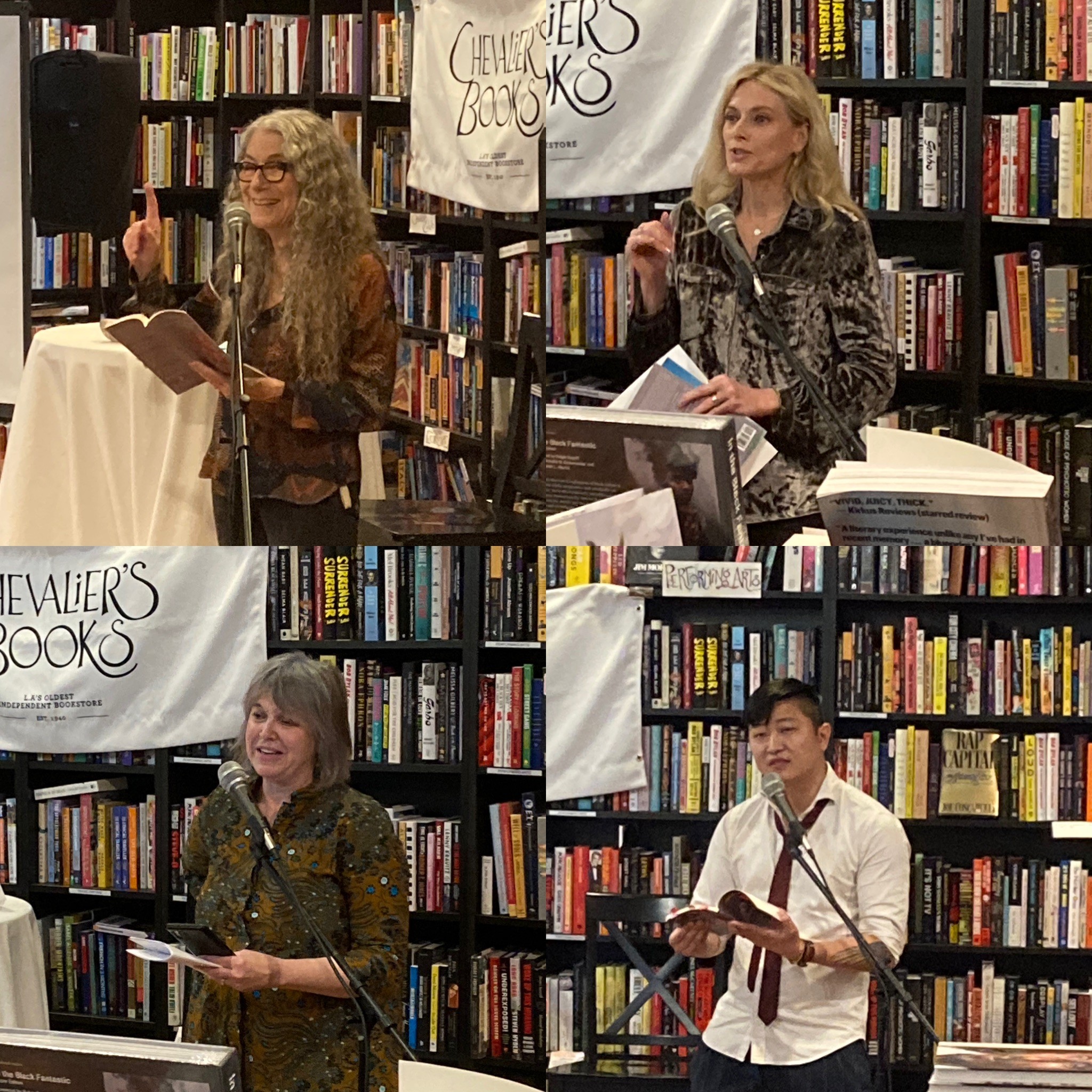
How about pivoting – can you share the story of a time you’ve had to pivot?
I have swerved and pivoted throughout my life–it just seemed to be a given. I started college with the absolute conviction that I wanted to be a clinical psychologist. But my first year in college was a disaster–Hayakawa and the SF State riots, classes shut down, shootings on campus, SDS meetings, and FBI agents following me around because my parents had been members of the communist party in their youth. As a sheltered kid from Orange County, the whole San Francisco reality was more than I could digest. I moved back to Los Angeles and went to Cal State Dominguez Hills, fell in love, started that commune I mentioned with a group of friends, and was good and lost for about a year. A friend in the commune played flute. I thought that was great. I borrowed my mother’s flute and started studying with Buddy. He believed in me. Through him, I came to love music, and I thought I wanted to be a jazzer, like my mother. But I knew that if I wanted to be professional, I was starting very very late. I needed to be completely immersed in music, so I applied to the California Institute of the Arts–but I knew I would never get in as a flutist, I hadn’t even been playing for 8 months yet, and I had been playing jazz, not classical. But I had always written poetry–so as I said earlier, I applied as a poet,switched majors to music, and went full classical music. I got my bachelor’s and was nearly finished with my master’s when Franz Vester, a fantastic Dutch flutist, gave a masterclass at Cal Arts. I got to take a private lesson with him and we clicked right away. I said I would love to study with him, and he dared me to come to the Netherlands for that. Well, I am good for a dare. I moved to the Netherlands, and through all the culture shock, ended out doing another master’s degree in music and staying there for 22 years.
I played professionally for more than a decade. One night, on the way home from a concert, I saw lights on in the University of Amsterdam’s Psychology building. The taxi driver told me that they had just opened a part-time evening program to study psychology. I thought–what fun! And asked him to let me out. I went upstairs to the admin office in my long black concert dress with my flute clutched to my breast–and to make a long story short, I ended out getting my PhD in Psychology and working for years as a professor in various academic settings. All through these adventures I continued to write poetry. It’s a habit I can’t seem to do without. I also translate Dutch poetry.
Meanwhile, I got married, we had a child, and we immigrated back to the United States. I was a professor at the University of Southern California, and my husband–who was a psychologist when I met him–was changing careers to become a visual artist–a painter–and was in school at Otis College of Art and Design. One night we were having a rather drunken dinner party, and one of the guests was the chair of the creative writing program at Otis. My husband mentioned that I wrote poetry, and the chair dared me to join their part-time creative writing program. So hey, I’m good for a dare. I got my master’s degree in creative writing and began writing in earnest, finally, slowly, realizing that poetry was what I needed to do. I continued to work full-time at the University until May of this year. It is GREAT to be here now, able to devote myself completely to poetry.
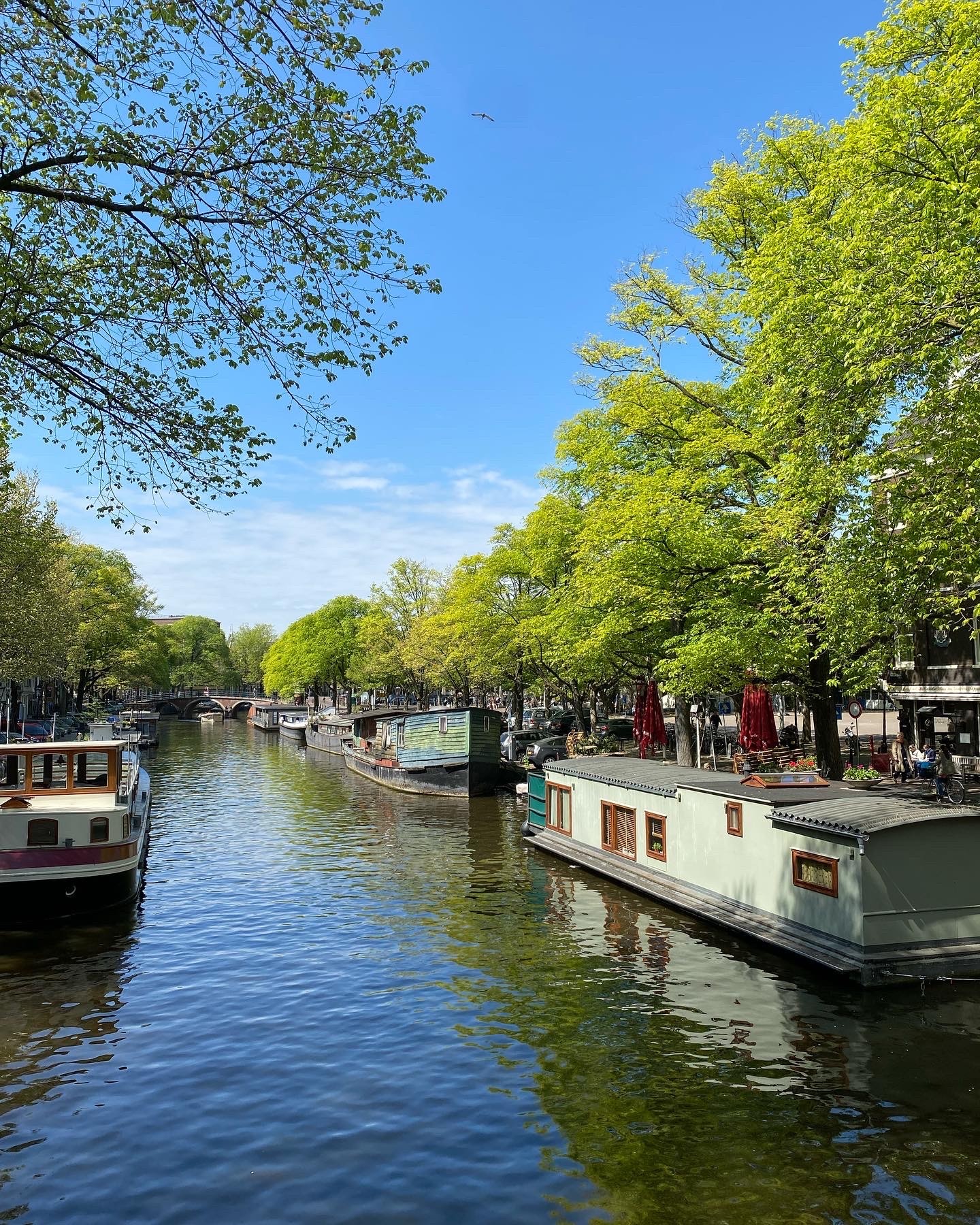
For you, what’s the most rewarding aspect of being a creative?
I get to read poetry all the time! I get to disappear into my studio and write and call it ‘work’!
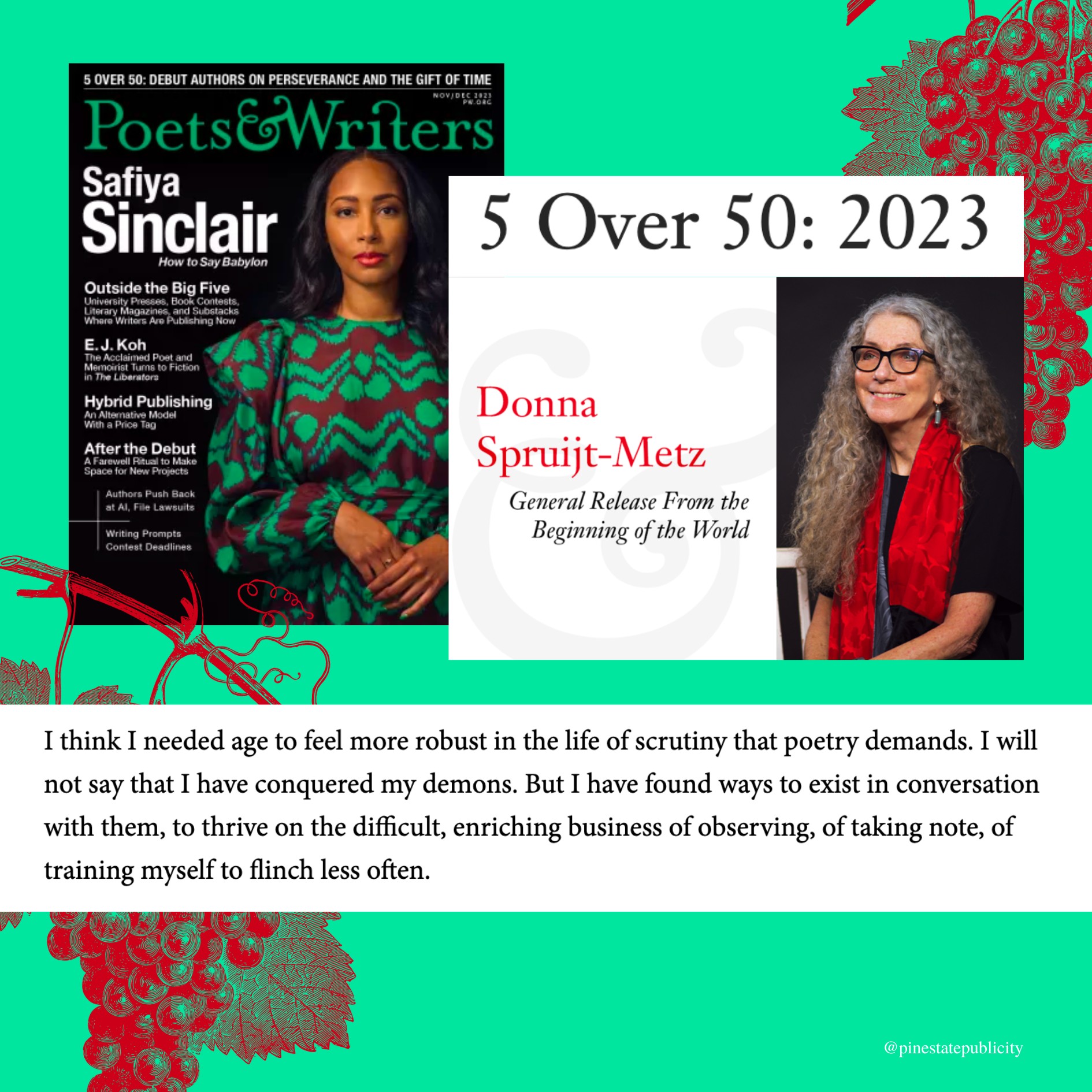
Contact Info:
- Website: https://www.donnasmetz.com
- Instagram: @donnasmetz
- Twitter: @DSMPoet
Image Credits
Friends and family


